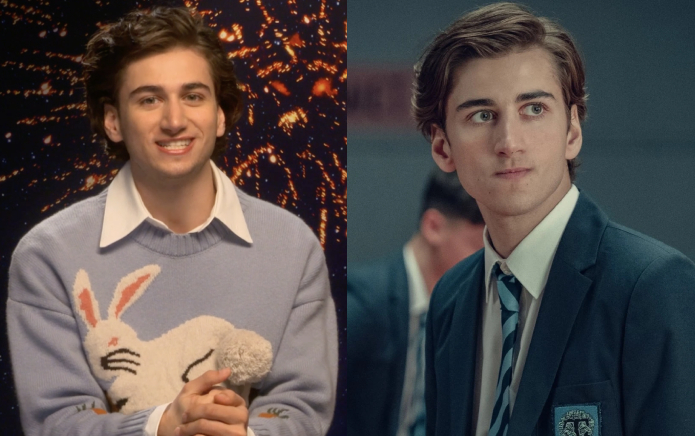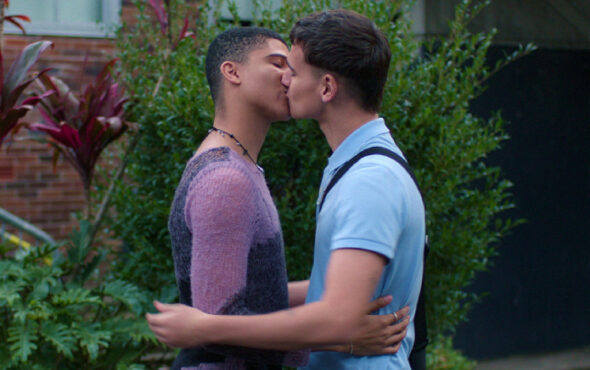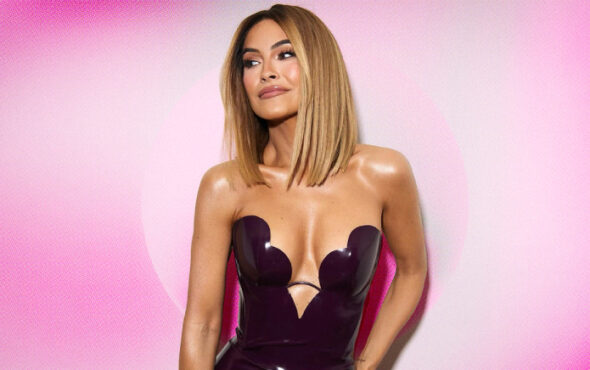
After months of excitement, the second series of Heartstopper did not disappoint – with the same cast of wonderful characters plus new ones to fall in love with, as well as a Truham-Higgs trip to Paris, what’s not to love?
Though the series is not all smiles and rainbows, tackling some darker themes and really encapsulating the emotional rollercoaster that is being a teenager, my heart was still filled with the joy and pride the first season left us all with.
The first episode picks up right where series one left off: it is the day after Nick and Charlie’s beach date, and Nick has just come out as bisexual to his mum. Sharing your sexuality with your parents is a huge step in many people’s coming out journeys. Heartstopper does a wonderful job of showing how hard it can be to come out, even to people you know will be supportive, and I love that it is repeatedly expressed by all Nick’s friends that he doesn’t owe it to anyone. There is no rush – no timeline – to coming out.
Leading up to this season’s release, I was particularly excited to see the well-loved side character Isaac get his own storyline and the asexual representation that would come with that. To have a mainstream TV series accessible to young teens containing a character discovering asexuality is exactly the show that would have been so helpful to have when I was younger. It would have certainly made younger me feel less alone.
Watching these ace-focused moments and scenes brought up so many memories. I was feeling all the emotions alongside the character: the loneliness, the isolation, and then the joy and release that comes with realising you’re not broken after all.
My favourite Isaac scene came later in the series when Isaac meets another aromantic asexual character, and watching this interaction felt like a warm hug through the screen; it filled my heart in a way that no TV show has ever done before.
There is still a long way to go in terms of asexual representation on our screens. But Heartstopper season two has added to a very limited list of on-screen asexual characters and will be a great first education of asexuality for many viewers. It is also perhaps the first aromantic storyline to be highlighted on a mainstream series, which is a very important step in the direction of inclusive and diverse LGBTQ+ representation.
Another fantastic thing this series does is really lean into Isaac’s personality as a book lover. The showrunners have even used this to further the a-spec representation in the show by featuring other forms of asexual media: books exploring a variety of a-spec experiences.
This season did not let me down. It provided some of the ace joy I’d been holding my breath for and was a wonderful series, giving the friendships of everyone’s favourite friend group the magic usually only reserved for romances.
The cast are shining stars with so much talent. They all portrayed the full-bodied, complicated lives of these teenagers beautifully. I can’t wait to see their future careers, as well as where they take these stories in season three.
If you are 18 to 25, you can become a charity ambassador for Just Like Us, the LGBT+ young people’s charity – find out more.



